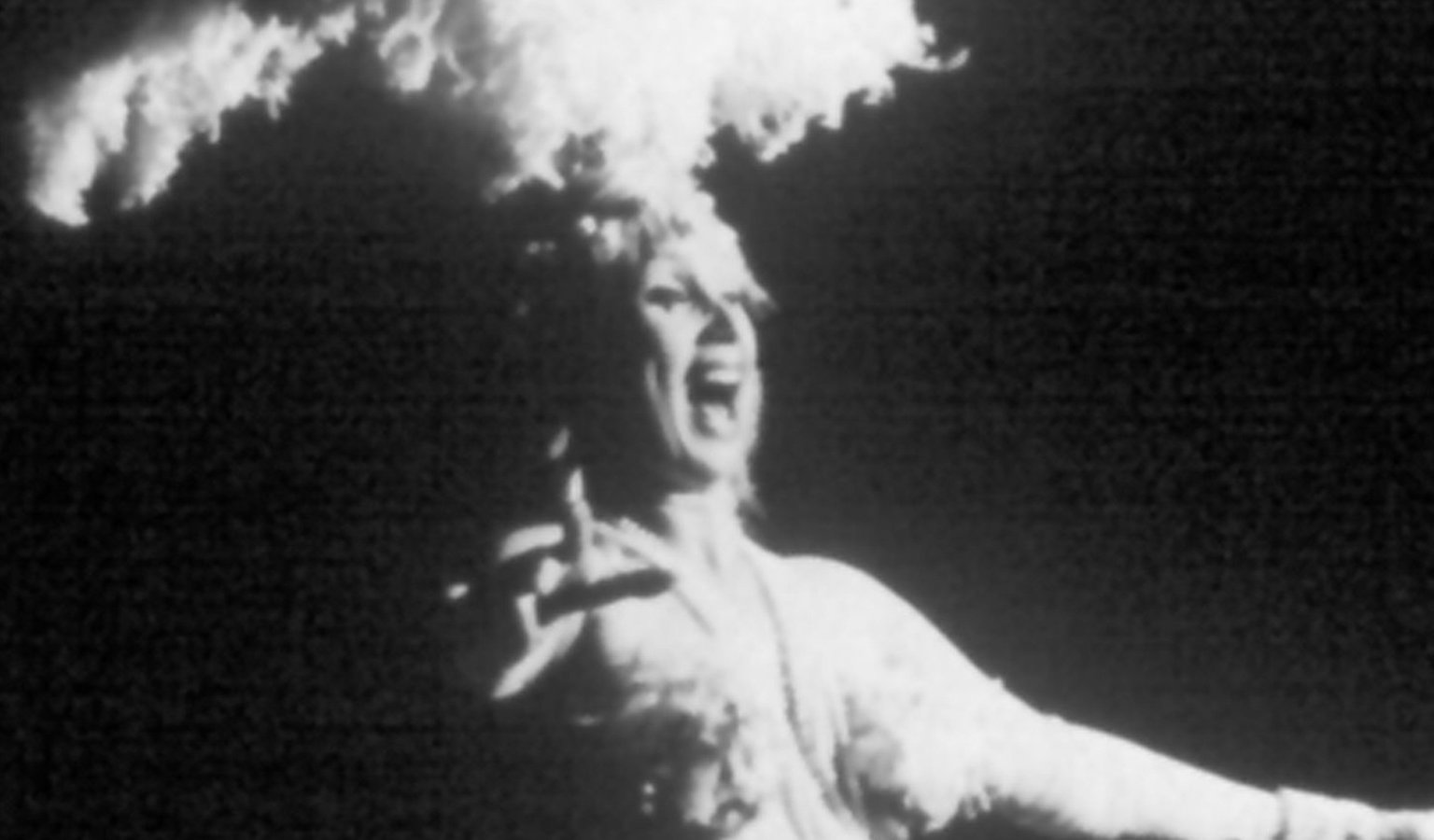
Program
8½ (Otto e mezzo; 1963)
Other information
The event is about 2.5 hours long.
About the event
8½ would bring Fellini – or more precisely, itself – the Oscar Award for Best Foreign Language Film. The director was by then already esteemed very highly. In spite of this fact, his film would divide critics. It is understandable why this would be the case. It is fragmented and episodic, and full of dreams and memories. One must remember that self-confessional films by cinematic auteurs were still unknown at the time. And indeed, what is exciting in it is that it focuses on a successful film director from whom everyone expects new works, each one more significant than the last, who has lost his self-confidence. Into this story of a director who has fallen into a creative crisis, Fellini – as was his habit – combined autobiographical elements. (Not incidentally, he struggled mightily with this film, feeling that he was incapable of filming it.) However, he also confronts the viewer with substantially more severe and general human and artistic dilemmas. What is particular important from the point of view of his oeuvre as a director is the fact that he handles memories in a perfectly innovative fashion. Memories are similar to dreams in that one is justified in doubting their credibility. (This manner of thinking would return in later Fellini films like Roma, Amarcord and City of Women.)
And now comes a giant leap in the dark. Paolo Sorrentino’s 2015 film Youth is almost like a personal continuation of 8½. Except here, it is the doubts and melancholy of a director nearing the end of his career that are in the foreground. The uncertainty is about whether he will be able to finish his next – and perhaps final – film. It is a big undertaking to watch these two films back to back, but it is an extraordinary adventure. One that is worthwhile undertaking.
Bridging Europe festival is the joint production of the Budapest Festival Orchestra and Müpa Budapest.